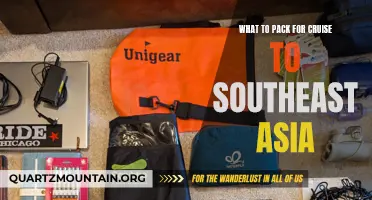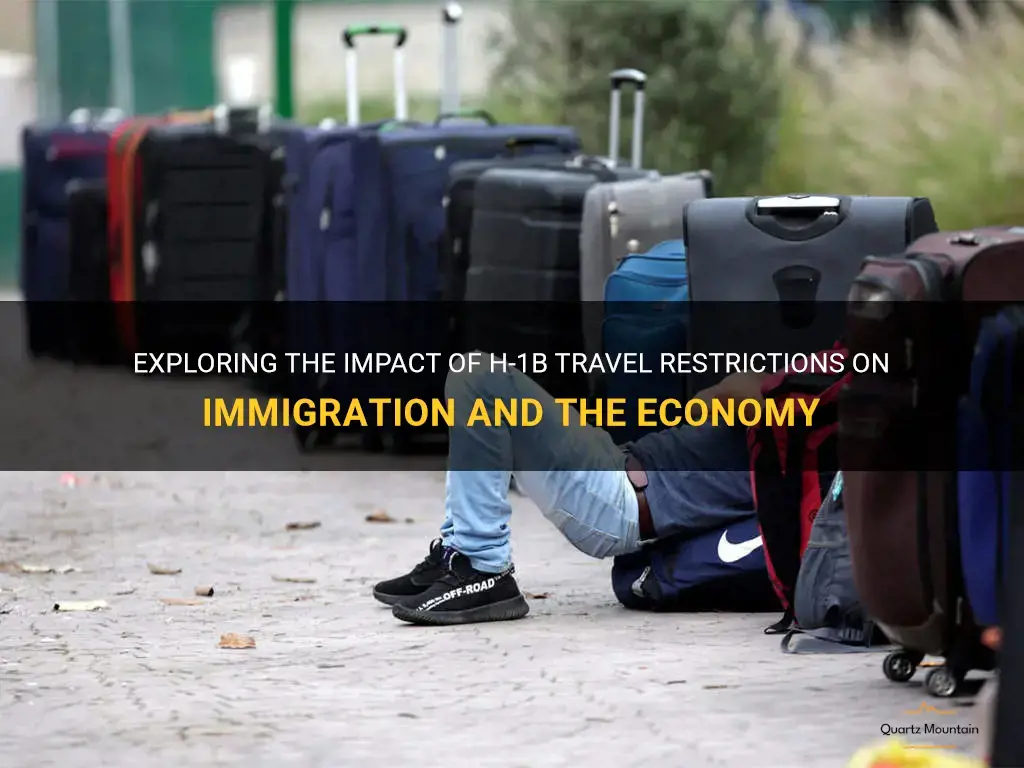
The H-1B visa program has long been a lifeline for highly skilled workers who dream of pursuing professional opportunities in the United States. However, recent travel restrictions have thrown a wrench into the plans of many aspiring immigrants. These restrictions have raised questions about the long-term impact on the H-1B program and its ability to attract the best and brightest from around the world. In this article, we will dive into the details of the H-1B travel restrictions, explore their potential consequences, and discuss possible solutions to mitigate their impact.
| Characteristics | Values |
|---|---|
| Start Date | June 24, 2020 |
| Exemption Categories | Certain healthcare professionals, Amended petitions, National interest waiver, etc. |
| Duration | Initially until December 31, 2020, later extended till March 31, 2021 |
| Applicable Visa Categories | H-1B, H-2B, J-1, L-1 |
| Impacted Individuals | Non-immigrant visa holders outside the United States |
| Business Travel Restrictions | Prohibits entry into the US for individuals in affected visa categories, with exceptions for national interest |
| Consular Services | Limited or suspended for impacted visa categories |
| Extension and Change of Status | Allowed for individuals already in the United States |
| Spouses and Dependents | Subject to the same travel restrictions as primary visa holders |
| Presidential Proclamations | Proclamation 10014, Proclamation 10052 |
What You'll Learn
- What are the current travel restrictions for H-1B visa holders?
- Are H-1B visa holders exempt from the travel ban?
- How has the COVID-19 pandemic impacted H-1B visa travel restrictions?
- What is the process for obtaining a National Interest Exception (NIE) for H-1B visa holders?
- Are there any specific countries that have imposed additional travel restrictions on H-1B visa holders?

What are the current travel restrictions for H-1B visa holders?
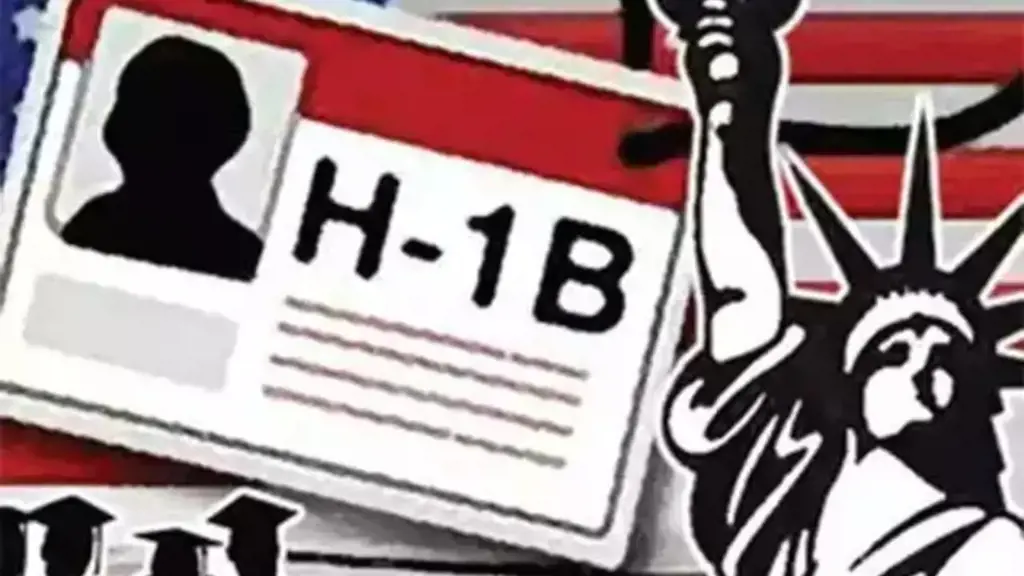
The COVID-19 pandemic has brought many changes to the travel industry, including various travel restrictions for different visa holders. H-1B visa holders, who are foreign workers employed in specialized occupations, are also affected by these restrictions. Here is an overview of the current travel restrictions for H-1B visa holders.
Traveling to the United States for H-1B visa holders requires a valid visa stamp on their passport. However, due to the pandemic, the U.S. Department of State has suspended routine visa services in most countries. This means that H-1B visa holders who are currently outside the United States and need to renew their visa or obtain a new one may face difficulties.
To qualify for an H-1B visa, individuals need to have a job offer from a U.S. employer and an approved H-1B petition from the U.S. Citizenship and Immigration Services (USCIS). The employer also needs to provide certain documents and fees during the application process. If these requirements are met, the individual can apply for an H-1B visa at a U.S. embassy or consulate.
However, as a result of the pandemic, many U.S. embassies and consulates have temporarily suspended or reduced their visa services. They are prioritizing emergency and mission-critical visa appointments, such as for medical professionals or those providing critical infrastructure support. Routine visa services, including H-1B visa appointments, may be limited or unavailable in some locations.
Furthermore, there are travel restrictions in place for individuals coming to the United States from certain countries with high COVID-19 case numbers. As of now, travel restrictions apply to individuals who have been physically present in the Schengen Area, the United Kingdom, Ireland, Brazil, China, Iran, and South Africa within the 14 days preceding their entry or attempted entry into the United States. These restrictions do not apply to U.S. citizens and permanent residents, as well as certain other exempted categories.
H-1B visa holders who are currently in the United States also need to be aware of travel restrictions when planning trips abroad. The COVID-19 pandemic has led to various travel advisories and entry requirements in different countries. It's important for H-1B visa holders to research and comply with the specific travel restrictions and requirements of the countries they plan to visit.
In summary, the travel restrictions for H-1B visa holders during the COVID-19 pandemic have made it challenging for individuals to obtain or renew their visas. The suspension of routine visa services and limited appointment availability at U.S. embassies and consulates has affected the ability of H-1B visa holders to travel. Additionally, travel restrictions from certain countries and various entry requirements in different countries further complicate international travel for H-1B visa holders. It is advisable for H-1B visa holders to stay updated on the latest travel advisories and consult with immigration professionals regarding their travel plans.
CDC Cruise Ship Travel Restrictions: What You Need to Know
You may want to see also

Are H-1B visa holders exempt from the travel ban?
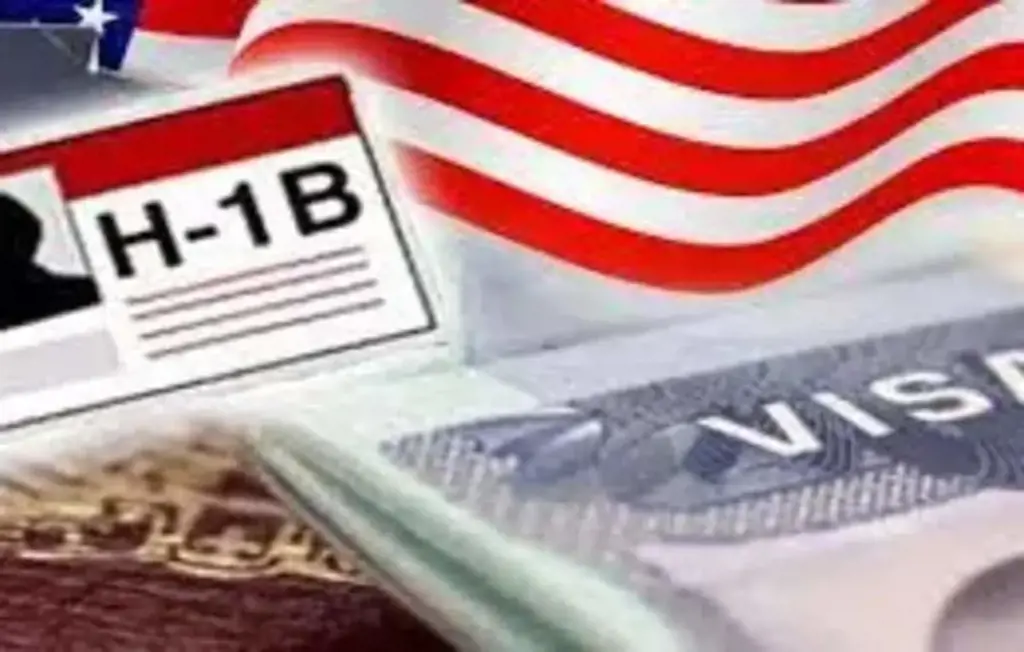
The COVID-19 pandemic has brought about numerous travel restrictions and bans across the world. Many people are wondering whether H-1B visa holders are exempt from these travel bans. The H-1B visa is a non-immigrant visa that allows US employers to hire foreign workers in specialty occupations that require theoretical or technical expertise.
The answer to the question of whether H-1B visa holders are exempt from the travel ban depends on the specific circumstances and the country from which they are traveling. Let's take a closer look at this issue.
As of now, there is a travel ban in place for individuals traveling from certain countries that have been identified as COVID-19 hotspots. The ban applies to individuals who have been physically present in these countries within the 14 days prior to their attempted entry into the United States. This ban is known as the Presidential Proclamation on Suspension of Entry as Immigrants and Nonimmigrants of Certain Additional Persons Who Pose a Risk of Transmitting 2019 Novel Coronavirus.
The April 22, 2020 Presidential Proclamation specifically mentions H-1B visa holders, stating that they are exempt from the ban. This means that H-1B visa holders can still enter the United States during the travel ban if they have been physically present in the countries affected by the ban.
However, it's important to note that even though H-1B visa holders are exempt from the travel ban, they may still face other challenges and restrictions due to the COVID-19 pandemic. Many countries have implemented their own travel restrictions and quarantine measures, regardless of visa status. It is crucial for H-1B visa holders to stay informed about the latest travel advisories and regulations in both the United States and the country they are traveling from.
Additionally, H-1B visa holders should also check with their employers and the US Citizenship and Immigration Services (USCIS) for any updates or specific guidelines related to their visa status and travel plans. USCIS has been providing updates and guidance in response to the COVID-19 pandemic, and it is important for H-1B visa holders to stay up to date with the latest information.
In conclusion, H-1B visa holders are generally exempt from the travel ban imposed due to the COVID-19 pandemic. However, they may still face other challenges and restrictions related to travel. It is essential for H-1B visa holders to stay informed, follow the guidelines and regulations in both the United States and the country they are traveling from, and consult with their employers and USCIS for any specific guidance related to their visa status and travel plans.
Can a Governor Legally Restrict Travel in Times of Crisis?
You may want to see also

How has the COVID-19 pandemic impacted H-1B visa travel restrictions?
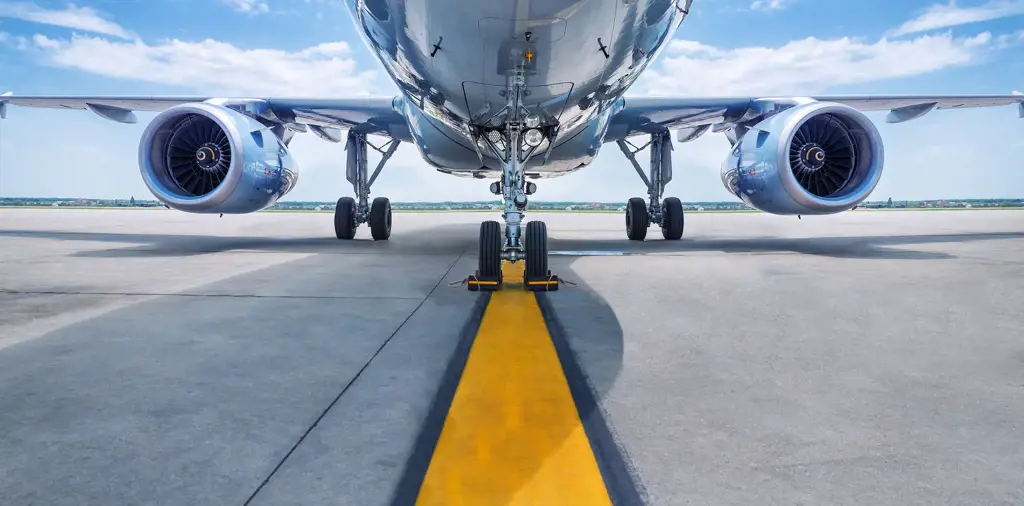
The COVID-19 pandemic has had a significant impact on H-1B visa travel restrictions. The H-1B visa program allows foreign workers to come to the United States to work in specialized occupations, and it has been a vital pathway for skilled professionals from around the world to contribute to the U.S. economy.
When the pandemic hit, travel restrictions were put in place to limit the spread of the virus and protect public health. These restrictions affected all types of travel, including H-1B visa holders. Many H-1B visa holders who were outside of the United States at the time the restrictions were implemented were unable to enter the country, leading to disruptions in their work plans and personal lives.
The restrictions on H-1B visa travel have been evolving throughout the pandemic. Initially, there were blanket bans on travel from certain countries with high COVID-19 case numbers. As the situation evolved, restrictions were scaled back to allow certain categories of travelers, including H-1B visa holders, to enter the country if they met specific criteria.
One of the challenges for H-1B visa holders during the pandemic has been obtaining the necessary travel documents. Consulates and embassies around the world have had to limit or suspend their services, making it difficult for H-1B visa holders to get the visas they need to enter the United States. This has resulted in delays and uncertainty for many visa holders.
In addition to travel restrictions, the pandemic has also had an impact on H-1B visa holders in terms of their employment. Many companies have been hit hard by the economic slowdown caused by the pandemic, leading to layoffs and furloughs. This has affected H-1B visa holders who have lost their jobs and are now at risk of losing their visa status.
To address these challenges, the U.S. government has implemented several measures to support H-1B visa holders. For example, the Department of Homeland Security has allowed visa holders who were laid off to remain in the country for up to 60 days to find new employment. Additionally, the government has granted certain flexibilities for employers, such as the ability to work remotely, that were previously not allowed under the H-1B visa program.
Overall, the COVID-19 pandemic has had a significant impact on H-1B visa travel restrictions. Many visa holders have faced delays and uncertainty in their travel plans, and some have even lost their jobs due to the economic fallout of the pandemic. However, the U.S. government has implemented measures to support visa holders and provide flexibility during these challenging times. As the situation continues to evolve, it is important for H-1B visa holders to stay informed and work closely with their employers and legal counsel to navigate the changing travel restrictions and employment landscape.
Navigating Emergency Travel Restrictions: What You Need to Know
You may want to see also

What is the process for obtaining a National Interest Exception (NIE) for H-1B visa holders?
H-1B visa holders who have been affected by the travel restrictions imposed by the United States due to the COVID-19 pandemic may be eligible for a National Interest Exception (NIE). This exception allows individuals to travel to the US despite the travel ban if they can prove that their entry is in the national interest of the country. However, obtaining an NIE requires following a specific process.
Here is a step-by-step guide on how to obtain a National Interest Exception for H-1B visa holders:
- Determine if you are eligible: Before starting the application process, it is essential to confirm if you meet the eligibility criteria for an NIE. H-1B visa holders must show that their work in the US is necessary for critical infrastructure sectors or is in the national interest of the United States.
- Prepare supporting documents: To support your NIE request, you will need to gather several documents, including:
- A valid H-1B visa and a valid passport.
- A letter from your employer explaining why your entry is in the national interest or critical to the infrastructure sectors.
- Proof of your employment, such as an employment contract or letter from your employer.
- Documentation demonstrating your specialized knowledge or skills that are not easily replaceable by a US worker.
- Any additional evidence to support your case, such as project timelines or client agreements.
- Contact the nearest US embassy or consulate: Once you have collected all the necessary documents, you should contact the nearest US embassy or consulate to schedule an appointment to submit your NIE request. Due to the high volume of requests, it is recommended to reach out several weeks in advance.
- Submit the NIE request: At your appointment, you will need to submit your NIE request along with all the supporting documents. The consular officer will review your application and determine if you qualify for an NIE. It is crucial to provide clear and concise evidence outlining how your work is in the national interest or critical to the infrastructure sectors.
- Wait for the decision: After submitting your NIE request, you will need to wait for a decision from the consular officer. The processing time can vary, so it is advisable to be patient during this stage. If your NIE is approved, you will receive notification along with further instructions on how to proceed with your travel plans.
- Follow the travel guidelines: If your National Interest Exception is granted, you can proceed with your travel plans to the United States. However, it is essential to abide by all travel guidelines and requirements, such as COVID-19 testing or quarantine protocols enforced by the US government.
It's important to note that obtaining a National Interest Exception is not guaranteed, and each case is reviewed on an individual basis. It is crucial to provide substantial evidence and a strong argument to support your NIE request. Consulting with an immigration attorney can also provide helpful guidance throughout the process.
In conclusion, the process for obtaining a National Interest Exception for H-1B visa holders involves confirming eligibility, preparing supporting documents, contacting the embassy or consulate, submitting the NIE request, waiting for a decision, and following all travel guidelines if approved. It is crucial to be well-prepared and provide convincing evidence to increase the chances of a successful NIE application.
Navigating Travel Restrictions in Flagstaff, AZ: What You Need to Know
You may want to see also

Are there any specific countries that have imposed additional travel restrictions on H-1B visa holders?
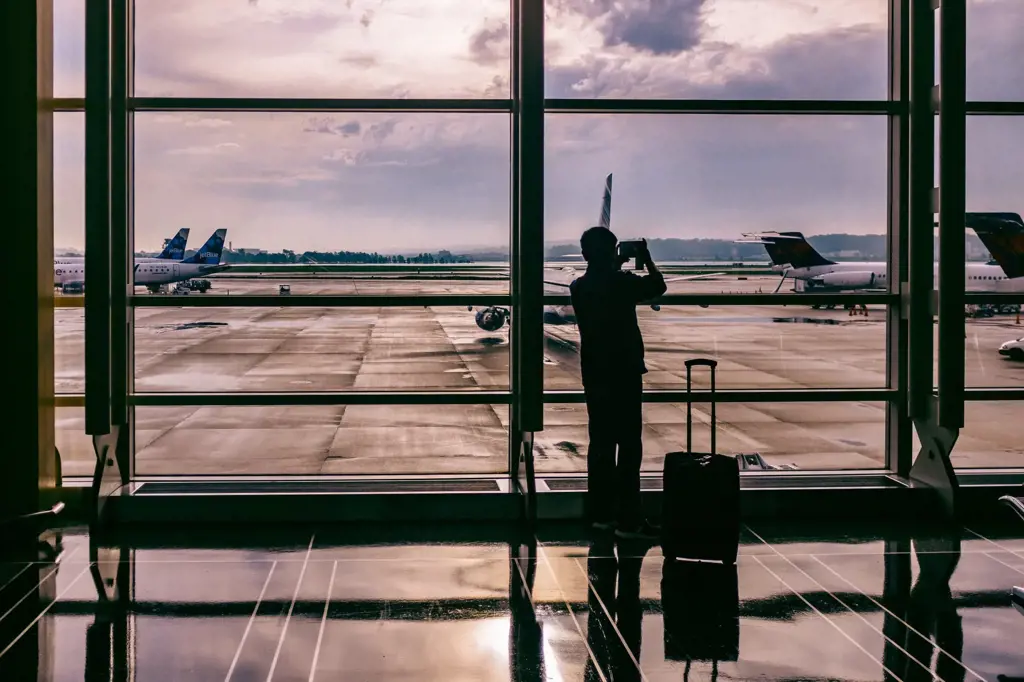
Since its implementation, the H-1B visa program has been a key avenue for highly skilled foreign workers to enter and work in the United States. However, there have been several changes and additional travel restrictions imposed on H-1B visa holders in recent years, particularly under the Trump administration. These changes have sparked concerns and uncertainties among visa holders and employers alike.
One country that has imposed additional travel restrictions on H-1B visa holders is India. In 2020, the Indian government announced a temporary suspension of all existing visas, including H-1B visas, due to the COVID-19 pandemic. This suspension was initially set to last until April 15, 2020, but has been extended multiple times since then. As a result, many H-1B visa holders who had plans to travel to India were unable to do so.
In addition to India, some other countries have also implemented stricter regulations for H-1B visa holders. The United Arab Emirates (UAE), for example, has made it mandatory for H-1B visa holders to obtain an employment entry permit before entering the country. This additional requirement adds to the already complex process of obtaining and maintaining an H-1B visa.
The COVID-19 pandemic has further exacerbated travel restrictions for H-1B visa holders. Many countries around the world have imposed temporary travel bans or restrictions on foreign nationals to curb the spread of the virus. These restrictions have affected the ability of H-1B visa holders to travel internationally for work or personal reasons.
It is important for H-1B visa holders to stay up-to-date with the latest travel restrictions and requirements imposed by their home country and any countries they plan to visit. They should consult with immigration attorneys or agencies to ensure compliance with these regulations and avoid any complications or issues that may arise from non-compliance.
Moreover, it is crucial for H-1B visa holders and their employers to keep track of any policy changes or announcements related to travel restrictions. It is advisable for employers to have contingency plans in place in case any travel restrictions impact their H-1B visa employees. These plans may include options for remote work, relocation to different countries if permitted, or finding alternative staffing solutions if necessary.
In conclusion, several countries, including India and the UAE, have imposed additional travel restrictions on H-1B visa holders. These restrictions can be temporary, permanent, or subject to change based on various factors such as the COVID-19 pandemic or government policies. H-1B visa holders and their employers should stay informed about these restrictions and take necessary steps to comply with the regulations to avoid any potential issues or disruptions to their work arrangements.
Navigating Air Travel: A Guide to Carry-On Restrictions for Food Items
You may want to see also
Frequently asked questions
Yes, H-1B visa holders can still travel outside of the United States during the travel restrictions. However, they may face challenges when reentering the country. It is advisable for H-1B visa holders to consult with their employer and immigration attorney before making any travel plans.
Yes, there are some exceptions to the H-1B travel restrictions. For example, if an H-1B visa holder is traveling for essential work purposes, such as providing critical infrastructure services, they may be eligible for an exception. It is important for H-1B visa holders to carefully review the latest guidance from the U.S. government and consult with their employer and immigration attorney to determine if they qualify for an exception.
H-1B visa holders can still apply for an H-1B visa stamp at a U.S. embassy or consulate abroad during the travel restrictions. However, it is important to note that visa appointments may be limited or delayed due to reduced staffing at these facilities. Additionally, H-1B visa holders should be prepared for potential delays or complications in the visa issuance process due to the ongoing pandemic.
If an H-1B visa holder's visa stamp expires while they are outside of the United States during the travel restrictions, they may face challenges when attempting to reenter the country. It is important for H-1B visa holders to ensure that their visa stamp is valid before making any travel plans. If their visa stamp expires, they will need to obtain a new visa stamp at a U.S. embassy or consulate abroad before they can reenter the United States.





